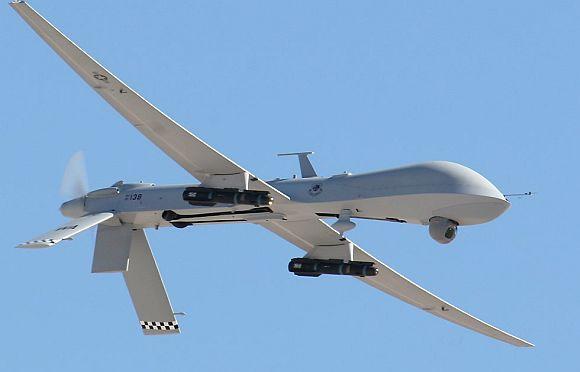
Islamabad is set to sell to Washington a new formula where it will assure the Barack Obama administration that it will act swiftly on key targets identified by the CIA in the tribal areas. Amir Mir reports
When Lt Gen Zaheerul Islam, director general of Pakistan's Inter Services Intelligence sits down to hold talks with his American counterpart Central Intelligence Agency Director David Petraeus in Washington next week, he is expected to suggest a new mechanism encompassing surveillance of targeted operations against Al Qaeda and Taliban leaders as an alternative to deadly drone strikes.
The CIA-run deadly drone campaign in the Federally Administered Tribal Areas of Pakistan on the Pak-Afghan border has been the thorniest aspect of Pak-US relations in recent years, as these strikes also claimed the lives of a large number of civilians.
It is the first time in a year that the ISI DG is travelling to Washington, which signals a thaw in bilateral relations that were beset by crisis ever since US Special Forces killed fugitive Al Qaeda chief Osama bin Laden in a covert operation in May 2011 in the Abbottabad area of Pakistan where he had been living for more than five years.
...
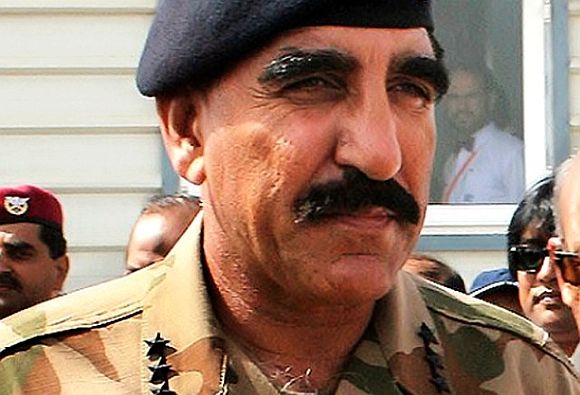
During his upcoming Washington visit, Islam, who was appointed as DG ISI following the retirement of Ahmed Shuja Pasha in March, will hold talks with Petraeus on counter-terror cooperation and intelligence sharing.
Well informed sources in the Pakistani security establishment say that the Pakistani military high-ups (during their recent talks with their US counterparts) had expressed their desire that the CIA should stop its deadly drone campaign and that Pakistan should be allowed to conduct the attacks instead.
The Pakistani intelligence establishment has been ever more vocal in its opposition to the US drone attacks.
Pakistan maintains that the US drone raids are a violation of its sovereignty and raise anti-US sentiment. But the higher-ups of the Barack Obama administration believe that the drone attacks are too important to give up.
...
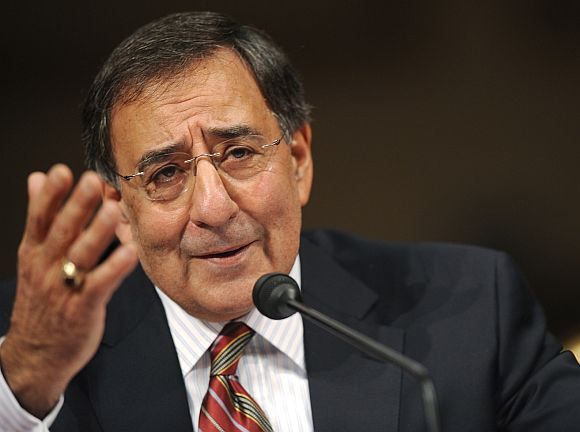
On the other hand, US Defence Secretary Leon Panetta recently responded to Pakistan's demand by saying that the use of drones is essential for defending the Americans.
"We have made it clear that we are going to continue to defend ourselves," Panetta said in India a day after the US announced the killing of Al Qaeda's number two Abu Yahya al-Libi.
"This is about our sovereignty as well," Panetta added, arguing that Al Qaeda terrorists who orchestrated the 9/11 attacks on the United States were in Pakistan's tribal areas.
"The leadership of those who were involved in planning this attack is located in Pakistan, in the FATA (Federally Administered Tribal Areas)," he added.
The opposing views reflect the decline in the Pak-US ties over the last 18 months, and the hardening of positions on both sides.
...

However, sources in the security establishment say Pakistan wants to use the Washington talks as an opportunity to resolve the issue of the drone attacks that has caused great public anger not only against the United States but also against the Zardari-led PPP government in Islamabad, mainly because of the civilian casualties.
Therefore, during his upcoming meeting with the CIA chief, the Pakistani spy chief will suggest a new mechanism (as an alternative to US drones) which will involve the identification of key targets by the CIA in the tribal areas and swapping of information with the Pakistani security agencies.
The Pakistani agencies will then deal with the situation accordingly, says the proposal which is to be presented to the CIA chief by his Pakistani counterpart.
...
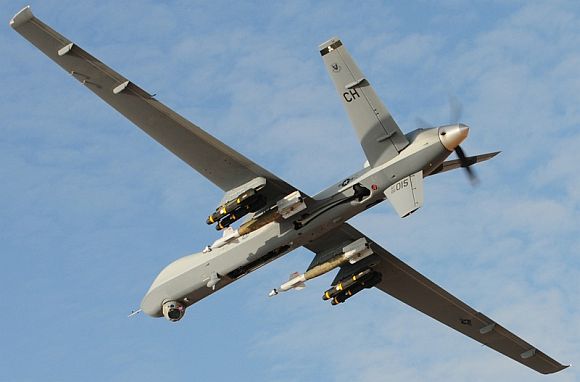
According to more details of the proposal, to ensure that Pakistan swiftly acts on the information provided by the CIA, the Americans can use any mechanism to monitor the Pakistani operation on the ground.
The Americans can even use drones for the purpose of monitoring purpose. However, Pakistan is in no mood to allow any foreign boots on the ground for surveillance and this will be conveyed to the CIA chief in plain words by Lt Gen Zaheer Islam.
The proposed mechanism seeks to dispel the growing perception in Washington that Islamabad is playing a double game in the war against terror.
...
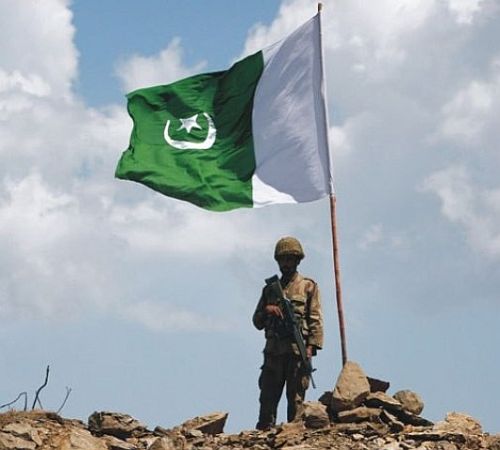
According to well-informed sources in the security establishment, both sides had coordinated initial drone attacks when the American CIA first launched its campaign back in 2004.
But the CIA later decided to go solo after assuming that Pakistan is playing a double game.
The sources say the Pakistani side expects a breakthrough in its ongoing negotiations with Washington on finding a mutually acceptable alternative to the drone campaign.
The optimism stems from the fact that until now, Pakistan had never offered the Americans any serious alternative to drone attacks.
...
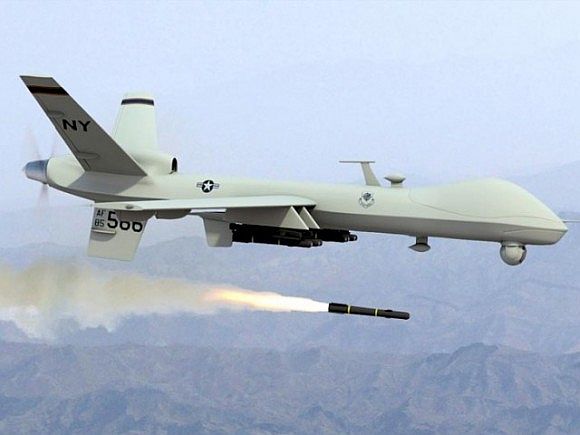
The reason was a tacit understanding between Pakistan and the United States to use pilotless drones in the rugged terrain along the Pak-Afghan border where key Al Qaeda figures have found refuge.
As things stand, reports emerging from within the US administration indicate that it is not just Pakistanis who question the deadly drone attacks.
The outgoing US ambassador to Pakistan, Cameron Munter has already disapproved of the handling of the CIA-run drone programme, and the Western media had earlier reported that the State Department is not as enthusiastic about it as the American CIA.
And despite reports that President Obama himself approves many drone targets, the drones also seem to hit those simply found in suspicious locations or around known militants. Therefore, the Pakistani authorities believe that the tool is a deeply controversial one, and proceeding with disregard for Pakistani opinion will only make it more difficult to incorporate it into a functional US-Pakistan relationship.
Click on NEXT to go further...
...